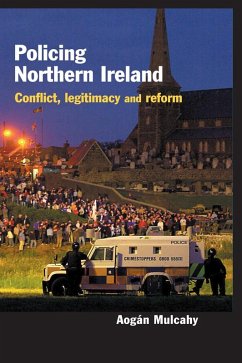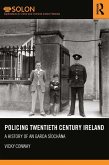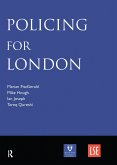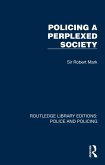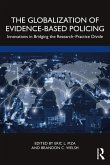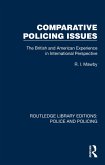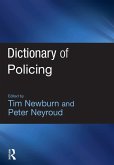This book provides an account and analysis of policing in Northern Ireland, following the RUC (Royal Ulster Constabulary) from the start of 'the troubles' in the 1960s up to 1999. It focuses on three key aspects of the police legitimation process: reform measures which are implemented to redress a legitimacy crisis; representational strategies which are invoked to offer positive images of policing; and public responses to these various strategies. The book also makes a powerful contribution to wider current debates about police legitimacy, police-community relations, community resistance, and conflict resolution.
Dieser Download kann aus rechtlichen Gründen nur mit Rechnungsadresse in A, B, BG, CY, CZ, D, DK, EW, E, FIN, F, GR, HR, H, IRL, I, LT, L, LR, M, NL, PL, P, R, S, SLO, SK ausgeliefert werden.

